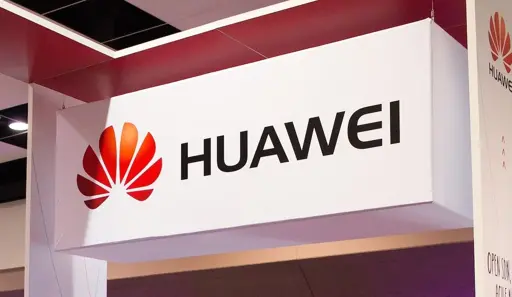- cross-posted to:
- buyeuropean@feddit.uk
- europe@feddit.org
- cross-posted to:
- buyeuropean@feddit.uk
- europe@feddit.org
The Spanish government is using Huawei to manage and store judicially authorized wiretaps in the country used by both law enforcement and intelligence services, despite concerns about how the Chinese government could compel Huawei to assist Beijing with its own intelligence activities.
The Ministry of the Interior officially awarded Huawei a €12.3 million ($14.3 million) contract following a standard public procurement process, as first reported by Spanish digital newspaper The Objective. Huawei had already been contracted to provide technical support to SITEL (Sistema Integrado de Interceptación Legal de las Telecomunicaciones), Spain’s integrated system for intercepting telecommunications.
While the contract for storing wiretaps requires Huawei to comply with cybersecurity guidelines set by the Spain’s National Cryptologic Center, according to The Objective there is “growing unrest” in the National Police and Guardia Civil over the Chinese company’s involvement with sensitive systems.
[…]
According the European Times, internal sources from the Spanish National Police and the Civil Guard have expressed unease. “We are being asked to secure sensitive operations using systems that are not trusted by most of our allies,” one officer [said]. Another warned that Spain’s reliance on Huawei represents a “blind spot” in the country’s national cybersecurity strategy.
The controversy is further compounded by political ties. Former Prime Minister José Luis Rodríguez Zapatero reportedly played a role in securing Huawei’s earlier entry into Spain’s law enforcement technology infrastructure—even before the company had obtained national intelligence certification. Current Prime Minister Pedro Sánchez has maintained a more conciliatory tone towards China, distinguishing himself from the harder stance adopted by Brussels and key NATO partners visiting China while everyone was avoiding Beijing.
[…]
Concerns about Huawei have seen the company restricted from 5G networks across the European Union, as well as varying levels of bans in networks of NATO allies such as the United States and United Kingdom.
Natasha Buckley, a researcher at RUSI and lecturer in cybersecurity at Cranfield University, told Recorded Future News that Spain’s approach to the company stood in stark contrast to that of other NATO allies and many EU member states.
[…]
“While the EU’s 5G Cybersecurity Toolbox recommends limiting or excluding high-risk Chinese suppliers like Huawei, Spain’s implementation has been uneven. Huawei is restricted from some public 5G projects, yet its servers have been approved to store sensitive police wiretap data. The result is a case-by-case approach that falls short of a clearly defined policy towards high-risk vendors,” Buckley said.
[…]
Western concerns regarding the risk posed by Chinese equipment vendors are often expressed in the context of Beijing’s offensive cyber espionage activities and China’s National Intelligence Law of 2017, which allows the state to “compel anyone in China to do anything,” as summarized by Britain’s National Cyber Security Centre.
Curious who the other bids came from.
I would think at least Ericsson or Nokia.They have been losing dearly against Huawei, sinmply because they don’t have the same strong support from their state like huwaei does. It’s sad to see that the EU so fragmented with no pan-EU capabilities or funds for important infra.
I’m sure some Spanish politicians got paid very well.
They better learn mandarin and how to properly kowtow then.
That’s… incredibly naive… The norwegian military used a russian sub-contractor for a communication platform.
I’m sure there are many more examples of cost and convendiece over national security.
Fucking morons
Why stop there? Just bend over and give your data to Palantir next
Owen Wilson Wowwwwwwwww.mp3




